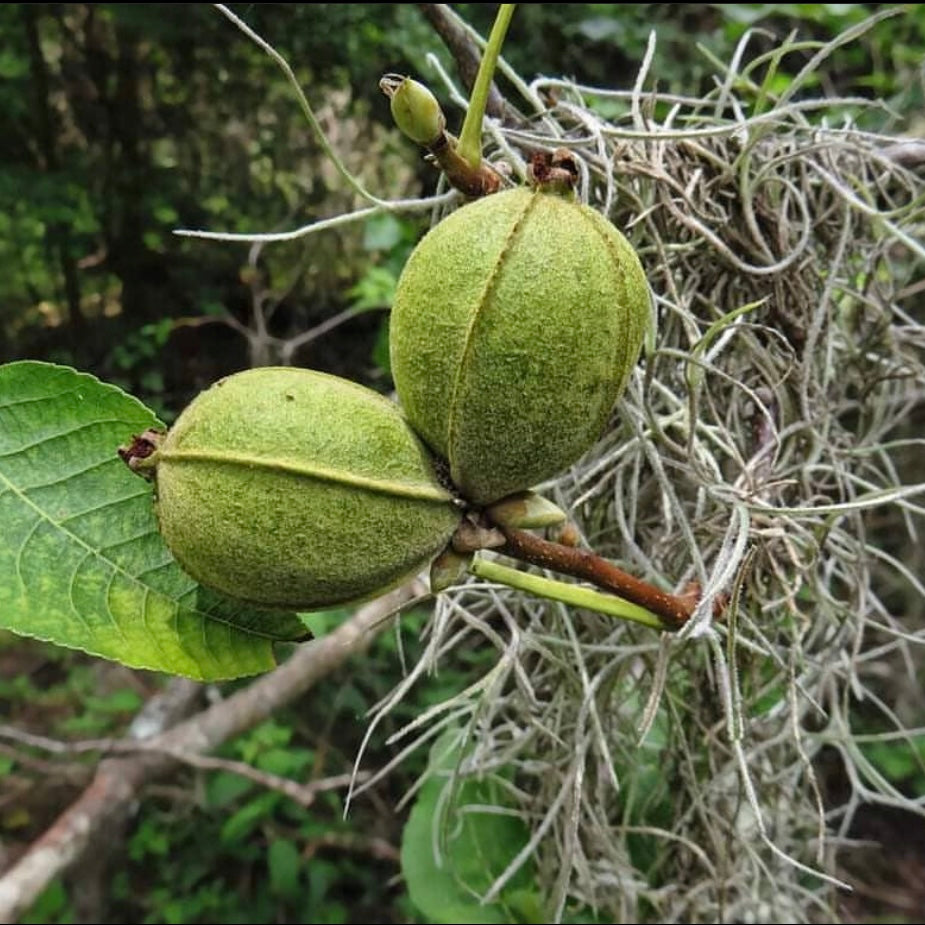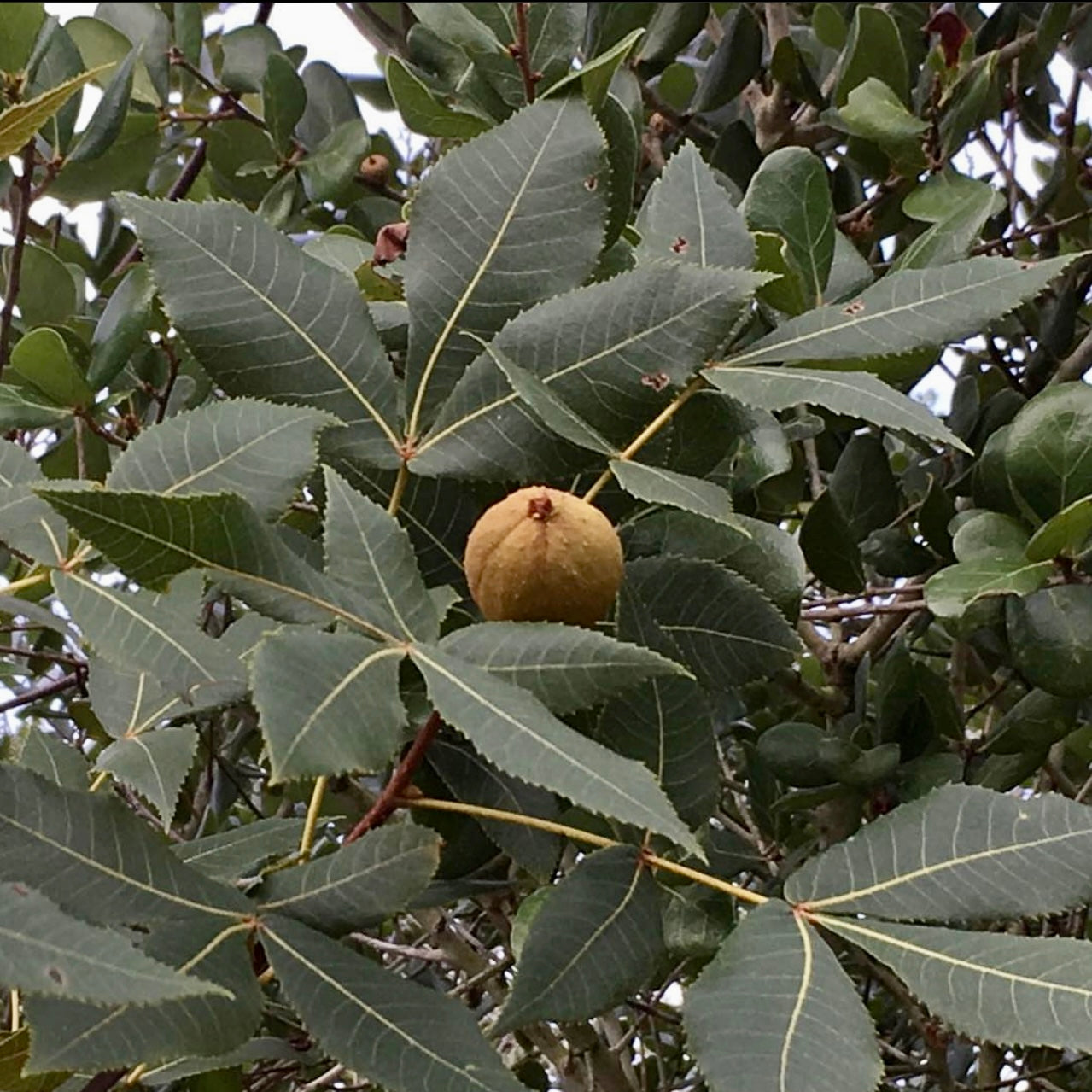Pignut Hickory (Carya glabra)
Pignut Hickory (Carya glabra)
Local Pickup Available in Harrop, BC
Couldn't load pickup availability
2 year old 10"-14" bareroot seedling
The Pignut Hickory (Carya glabra) presents itself as a dignified deciduous tree, native in the Eastern regions of the United States. In its natural habitat, it can ascend to impressive heights of up to 80 feet, showcasing short, picturesque branches and an expansive crown. It lends itself well to cultivation, serving admirably as a shade or street tree, and maintains its visual appeal throughout the year.
The tree's peculiar name, 'Pignut Hickory,' harks back to centuries past when hogs were observed feasting on its small yet nourishing nuts. Hardy in zone 4, this species displays a preference for direct sunlight but exhibits a commendable tolerance for partial shade. While it necessitates well-drained, acidic soils for optimal growth, the Pignut Hickory is otherwise not overly demanding, thanks to its deep-rooted nature that enables it to adapt to both sandy and clay soils.
In terms of ecological contribution, the Pignut Hickory stands out. It acts as a host plant for an extensive array of butterflies and moths, including the majestic large luna moth. It provides both shelter and nourishment for additional caterpillar species. Beyond its support for insect life, the hickory nuts produced by the tree are sought after by a range of woodland creatures such as black bears, deer, squirrels, chipmunks, foxes, mice, and wood ducks. Although the nut meat has a bitter taste, it holds potential for oil extraction, a process that separates the bitter tannins from valuable oil and unveils the Pignut Hickory’s true offerings as a potential staple oil tree crop.
Share



Collapsible content
The Tree
Height at maturity:Up to 80 feet
Hardiness Zone:
4
Water Requirements:
Average
Years to bear:
8+
Solar:
Prefers full sun
Pollination:
Self sterile. Needs another friend planted nearby for pollination
Soil:
Well draining acidic soils preferred
The Benefits
Another hickory to add to the collection of trees that might work in a warming climate.
Additional info
The kernel of hickory seeds is exceptionally high in fat, up to 70 to 80 percent in some species
Subscribe to our emails
Lots of Free Growing Info. Be the first to know about new plants and exclusive discounts.


